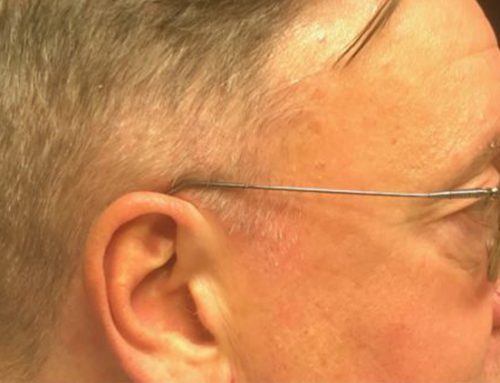No doubt about it, smoking is going out of fashion. You can’t smoke in most buildings, trains or airplanes anymore, and more people are trying to quit than ever before. Nicotine replacement in the form of gum, patches and electronic cigarettes is big business. This is because quitting is hard. We know that.
Even so, quitting is one of the most important things you can do to prepare for any plastic surgery procedure. It is so important, in fact, that if you are a long-time smoker, you may not be a good candidate for certain procedures.
Any plastic surgeon worth his or her salt will require you to quit smoking for some period before and after your procedure. Some will even go as far as to test a patient’s urine for nicotine the morning of surgery. If it is positive they will cancel the surgery.
Here’s why.
Smokers suffer significantly more complications during and after surgery–any kind of surgery, but plastic surgery in particular. The opposite is true for those who have never smoked and to a large degree, even for those who quit at least four weeks before surgery.
Cigarette smoke contains hundreds of chemical toxins. Nicotine is the most well known, but other nasties include carbon monoxide, hydrogen cyanide, and nitric oxide. These chemicals impair your body’s ability to heal, make you more susceptible to infection and blood clots, and leave your body with an overall shortage of oxygen.
That all sounds bad enough on a good day, but it is much worse when you tax the body further like any surgical procedure does. This is even more true with plastic surgery because these procedures have a big impact on blood supply to begin with.
Plastic surgery often involves the removal of skin and some of the blood vessels that nourish it– think about a tummy tuck, facelift, or breast reduction. With these procedures, skin is separated from the tissues below in order to tighten it. In doing so, some of the normal blood supply to the skin is removed.
The body then has to work a little harder to compensate for this decreased blood supply. This isn’t usually a problem under healthy conditions, but a history of smoking can push your body beyond its ability to recover well and get the results you want.
Many research studies have shown significantly higher surgical complication rates for smokers. For example, in 2013 researchers at Johns Hopkins followed 415 plastic surgery patients for three months after surgery. The 54 patients who were active smokers showed much higher rates of tissue death and were more likely to require re-operation. Other studies have shown a 50% higher complication rate for smokers than non-smokers.
That’s the bad news. The good news is, even if you are currently a smoker, quitting before surgery can help.
The time to quit is now, if you are seriously considering any kind of plastic surgery. Most surgeons agree that at least four weeks before surgery is best. And of course, you need to continue to keep away from tobacco until you have completely healed from surgery. Your doctor will be able to give you a more specific timeline.
Cutting back on the amount you smoke is not a substitute for quitting. The oxygen starving effects of one cigarette can last up to eight hours. Cutting back from a pack-a-day habit to three cigarettes sounds good, but from a blood flow/oxygen standpoint you are still underwater most of the day. This is not good for healing.
So what about nicotine replacement therapy (NRT)?
Nicotine gum and patches were among the products studied by Mayo Clinic researchers in 2015. They looked at the safety and efficacy of nicotine replacement therapy used before surgery, and they found it helped people quit.
It is important to note, however, that many physicians urge caution when using forms of nicotine replacement before any kind of plastic surgery. This is because the main ingredient, nicotine, is the very same chemical that causes poor wound healing and other complications associated with smoking.
That said, the 2015 Mayo study reported no increase in surgical complications with the use of nicotine replacement products. The authors admit that the data on this is still somewhat limited, but given the dangers of smoking, they recommend considering NRT.
Nicotine replacement therapy may or may not be a good idea for you. Make sure you discuss this issue with a physician who knows your medical history and the risks involved with any surgical procedure you are considering.
_________
If you are wondering about your smoking history and how it may affect plastic surgery outcomes for you, schedule a consultation with Dr. Slack to develop a specific plan.





